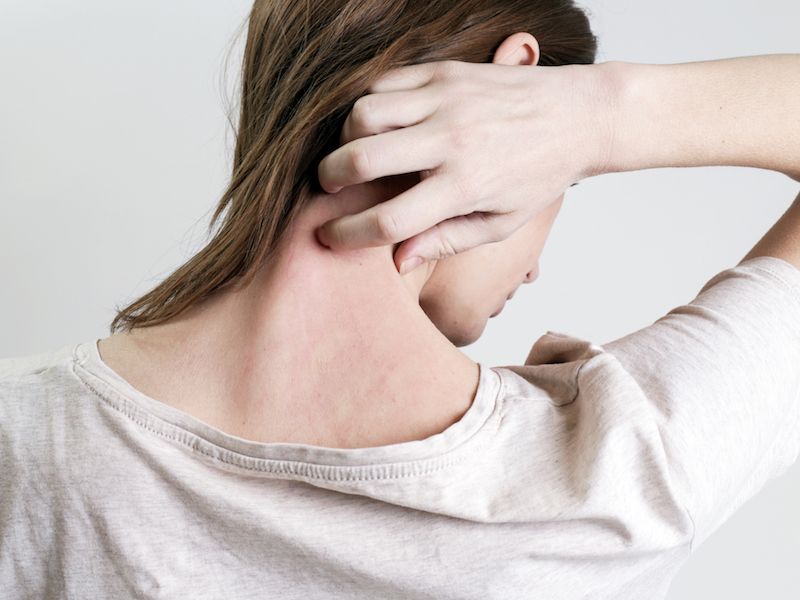
The word psoriasis usually recalls recollections of people with skin trouble like the ones on all those commercials. Psoriasis affects your general health and not just your skin. Psoriasis is commonly misunderstood and minimized, due to a lack of knowledge of how psoriasis impacts sufferers as well as the serious conditions that can be related to this disorder. Though plaques on the skin are its most noticeable symptom, they’re indicative of what psoriasis can cause in the whole body: The risk of metabolic disorders that are increased by persistent irritation and cardiovascular disease.
Psoriasis is also linked to another concern according to a different recent study: Hearing loss. Published in The Journal of Rheumatology, The link between mental health, hearing impairment, and psoriatic arthritis were examined in this research. Psoriatic arthritis is a form of psoriasis where inflammation is centered near the joints, causing swelling, difficulty moving, and soreness. The tell-tale plaques may not be experienced by people who suffer from psoriatic arthritis.
Like rheumatoid arthritis (and similar to psoriasis), psoriatic arthritis is an autoimmune illness, the sufferer’s body is basically attacking its own healthy cells. But unlike rheumatoid arthritis, you might have psoriatic arthritis on only one knee because it’s asymmetrical, and that aside from joints, it frequently impacts sufferer’s nails (leading to painfully swollen fingers and toes) and eyes.
Based on the findings of this recent study, swelling caused by psoriatic arthritis may also impact hearing. A significant control group of people with neither psoriasis or psoriatic arthritis were contrasted against people who had one or the other condition. They discovered that loss of hearing was more likely to be reported by the group that suffered from psoriasis, and those reports were supported by audiometric testing. Even when controlling for other risk considerations, people diagnosed with psoriatic arthritis were significantly more likely to suffer from hearing loss than either {the control group or psoriasis sufferers}.
But that’s not to say there’s no link between psoriasis, psoriatic arthritis and loss of hearing. A 2015 study found that people who have been diagnosed with psoriasis are at a significantly higher danger of developing sudden sensorineural loss of hearing, also known as sudden deafness. With sudden sensorineural hearing loss, people’s ability to hear diminishes substantially in three days or less. There are several possible causes for this, but researchers hypothesize that individuals who have psoriasis are at higher risk due to the type of fast inflammation that takes place during a flare-up of psoriasis symptoms. If this takes place in or around the cochlea, it may impair hearing. In many circumstances, treatments that alleviate psoriasis symptoms might be used to deal with this kind of hearing loss, but hearing aids are often recommended when sudden deafness does not react to other treatments.
If you suffer from psoriasis or psoriatic arthritis, it’s important to observe your hearing. Plan your yearly healthcare appointment along with normal hearing exams. The inflammation due to these diseases can lead to inner ear damage, which can result in hearing loss and issues with balance. Psoriasis and psoriatic arthritis are both also linked to depression and anxiety, both of which can be further aggravated by hearing loss. Other health problems, like dementia, can be the outcome if you don’t detect hearing loss early.
With early treatment, you can stay ahead of the symptoms by having your hearing checked frequently and working with your doctor, awareness is crucial. Neither hearing loss nor psoriasis should cause you to sacrifice your standard of living, and all the difference is having the right team on your side.